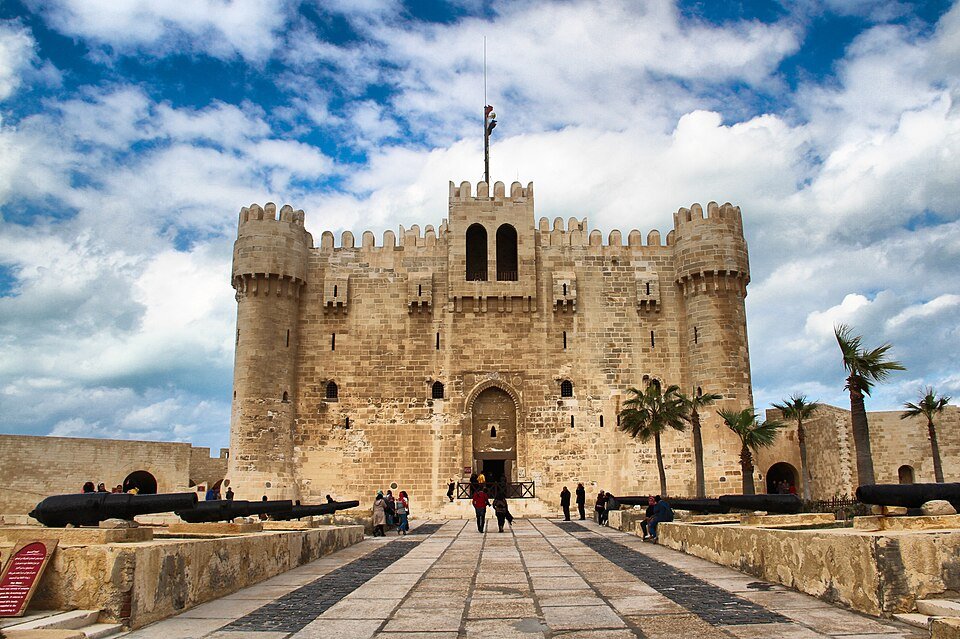
Water Flow Measurement & Control Techniques
This Water Flow Measurement & Control Techniques course focuses on the key concepts of water flow measurement and control using modern instrumentation. Participants will gain practical knowledge of sensors, mechanical and electrical instrumentation, and the latest technologies like smart sensors, PLCs, SCADA, and AMS. The course covers various types of water flow meters, including invasive and non-invasive meters, as well as control valves and electronic instrumentation. By the end of the course, you’ll be equipped to select, install, calibrate, and troubleshoot water flow measurement systems effectively.
Water Flow Measurement & Control Techniques course objective
- Understand the fundamentals and practical applications of sensors, instrumentation, and control valves for water systems.
- Match the appropriate instruments for specific water flow applications.
- Address issues of measurement accuracy and reliability.
- Execute the calibration, installation, and troubleshooting processes for water measurement instruments.
- Gain practical knowledge of electronic instrumentation, industrial networks, SCADA, and AMS.
- Learn to select and troubleshoot various types of water flow meters, including invasive and non-invasive meters.
Who Should Attend
- Engineers and technicians working with water flow measurement systems.
- Operations managers in charge of water-related infrastructure.
- Maintenance staff responsible for troubleshooting and improving water measurement equipment.
- Anyone looking to enhance their understanding of advanced water flow measurement and control technologies.
Course Outline
Day 1: Introduction and Mechanical Flow Meters
- Introduction to Sensors and Instrumentation systems
- Overview of sensors, transducers, and instrumentation systems.
- Flow terms and definitions: mass flow, volumetric flow rate, pressure, viscosity, and more.
- Principles of water flow measurement and control.
- Mechanical Flow Meters
- Coriolis flow meters: Principles of operation and installation.
- Differential pressure flow meters: Orifice plate, Venturi tube, Flow nozzle, and Dall flow tube.
- Positive displacement flow meters: Volumetric rotary piston type.
- Turbine flow meters: Types and installation.
- Testing, calibration, maintenance, and troubleshooting.
Day 2: Electronic Flow Meters and Control Devices
- Electronic Flow Meters
- Electromagnetic flow meters: Theory, applications, and limitations.
- Ultrasonic flow meters: Principles and installation.
- Insertion magnetic flow meters: Advantages and limitations.
- Maintenance and calibration procedures.
- Control Devices
- Types of control valves: Rangeability, sizing, and installation.
- Valve selection, cavitation, and noise control.
- Actuators: Piston, electric, and hydraulic.
- Diagnostic testing of control loops and air-operated valves.
Day 3: Smart Sensors, Transmitters, and AMR Systems
- Smart Sensors and Transmitters
- Microprocessor-based sensors and smart transmitters.
- Wireless HART, Fieldbus, and other protocols.
- Intelligent pressure transmitters: Benefits and applications.
- Automatic Metering Systems (AMS)
- Supervisory Control and Data Acquisition (SCADA) systems.
- Wireless sensors and transmitters: Functionality and integration.
- Automatic meter reading systems: Implementation and optimization

 Download Brochure
Download Brochure